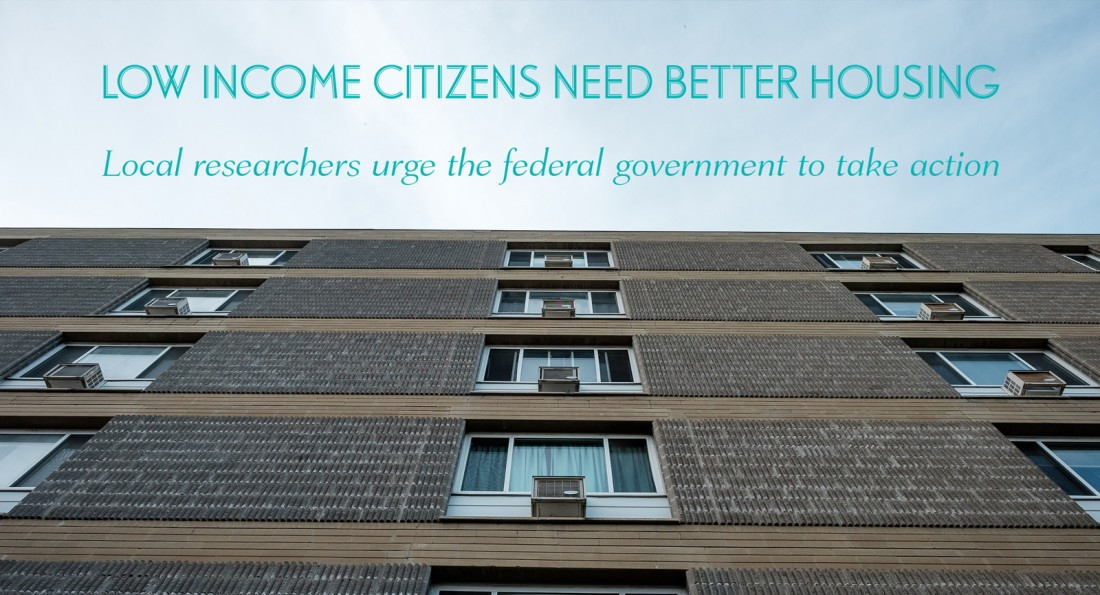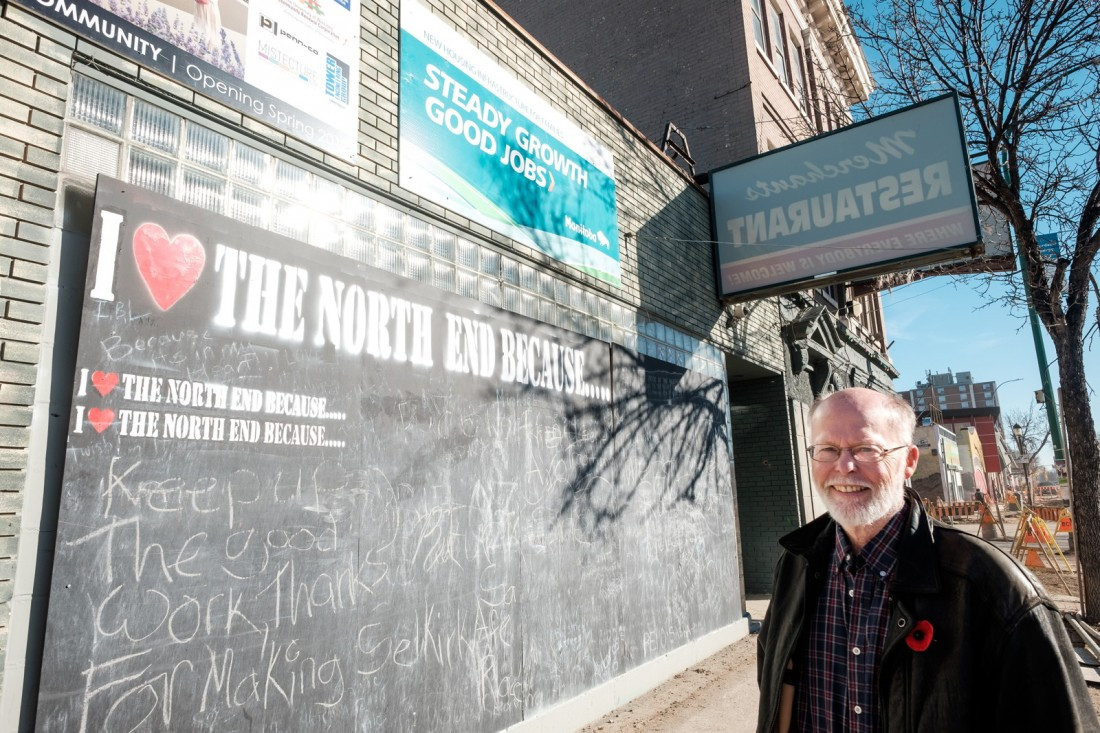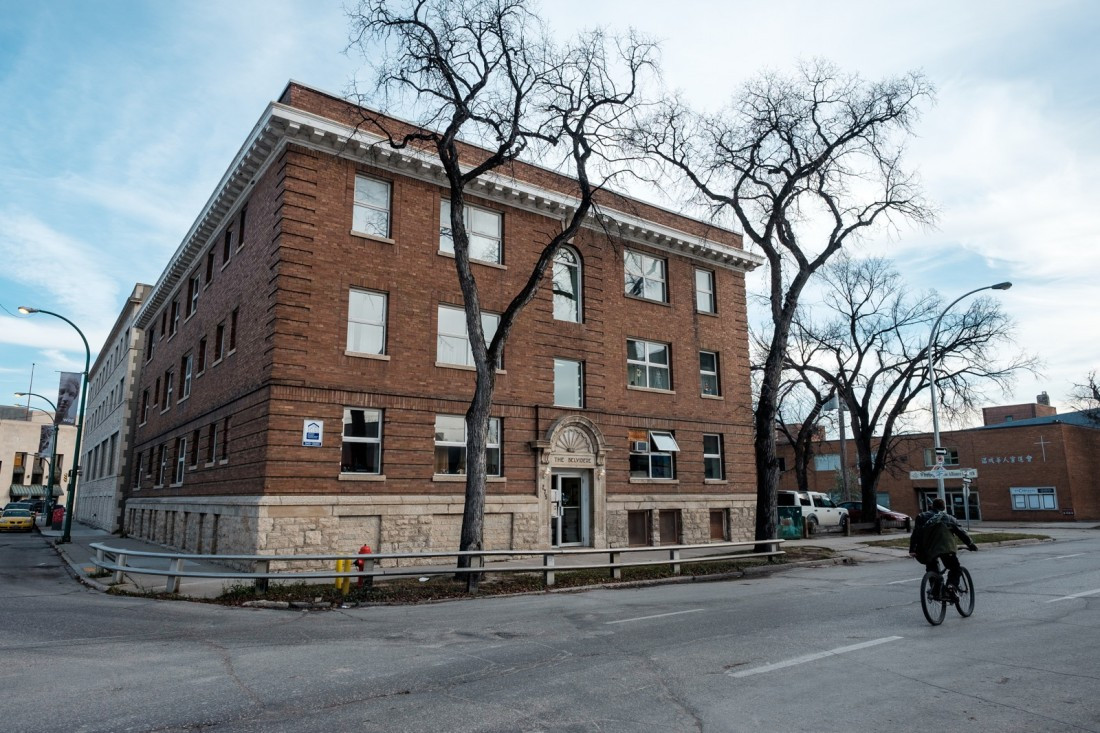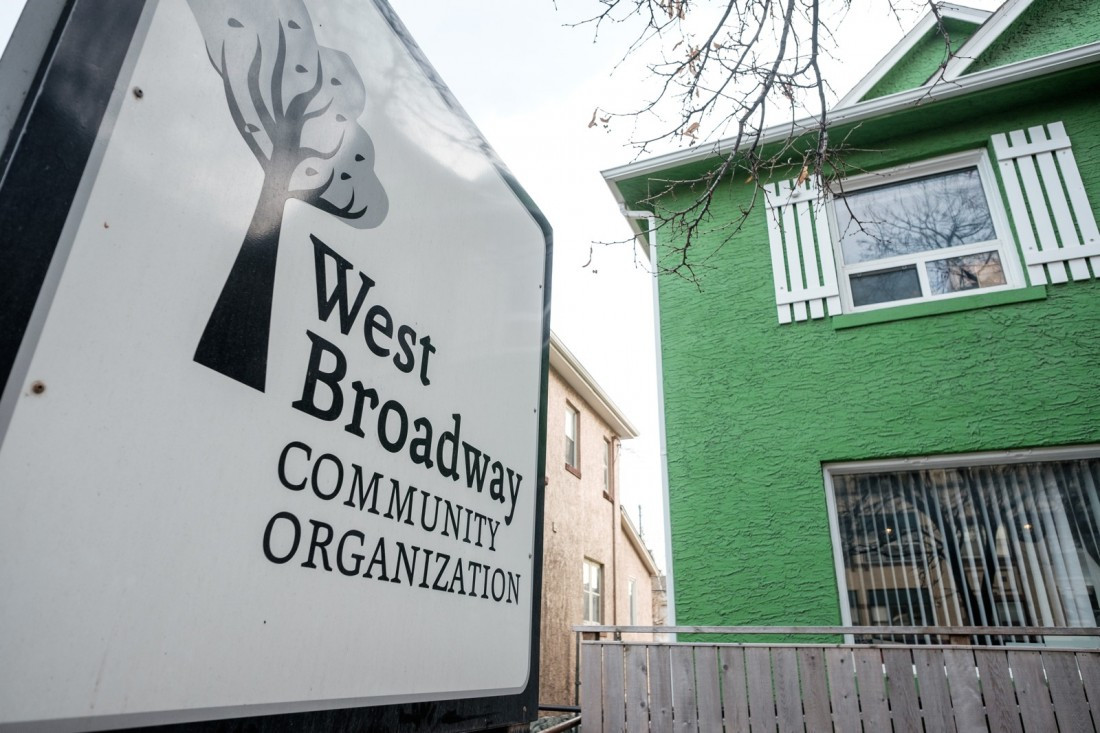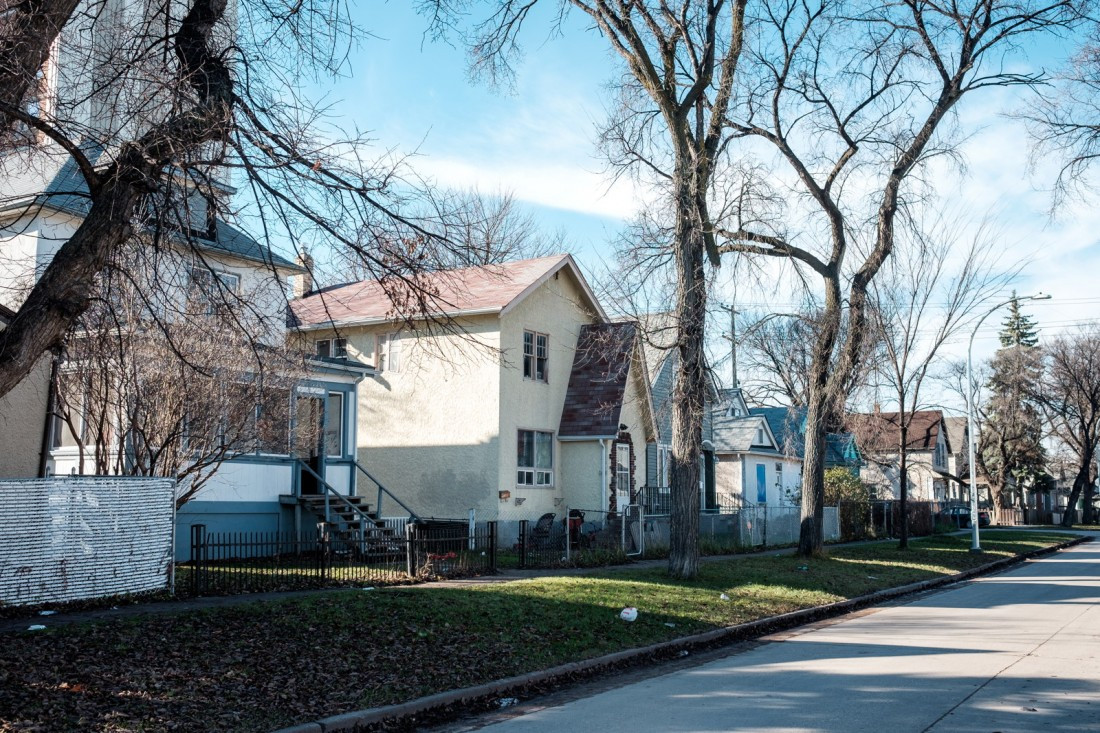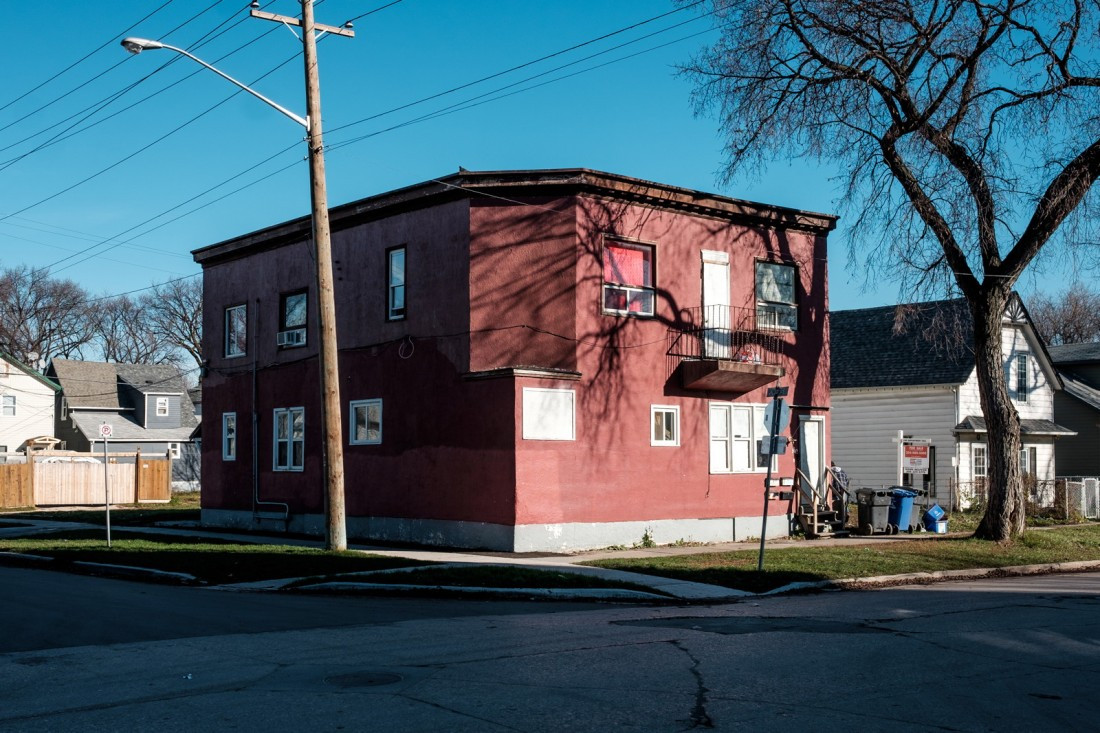Low income citizens need better housing
Local researchers urge the federal government to take action
The Melbourne Apartments on Sherbrooke Street, Winnipeg.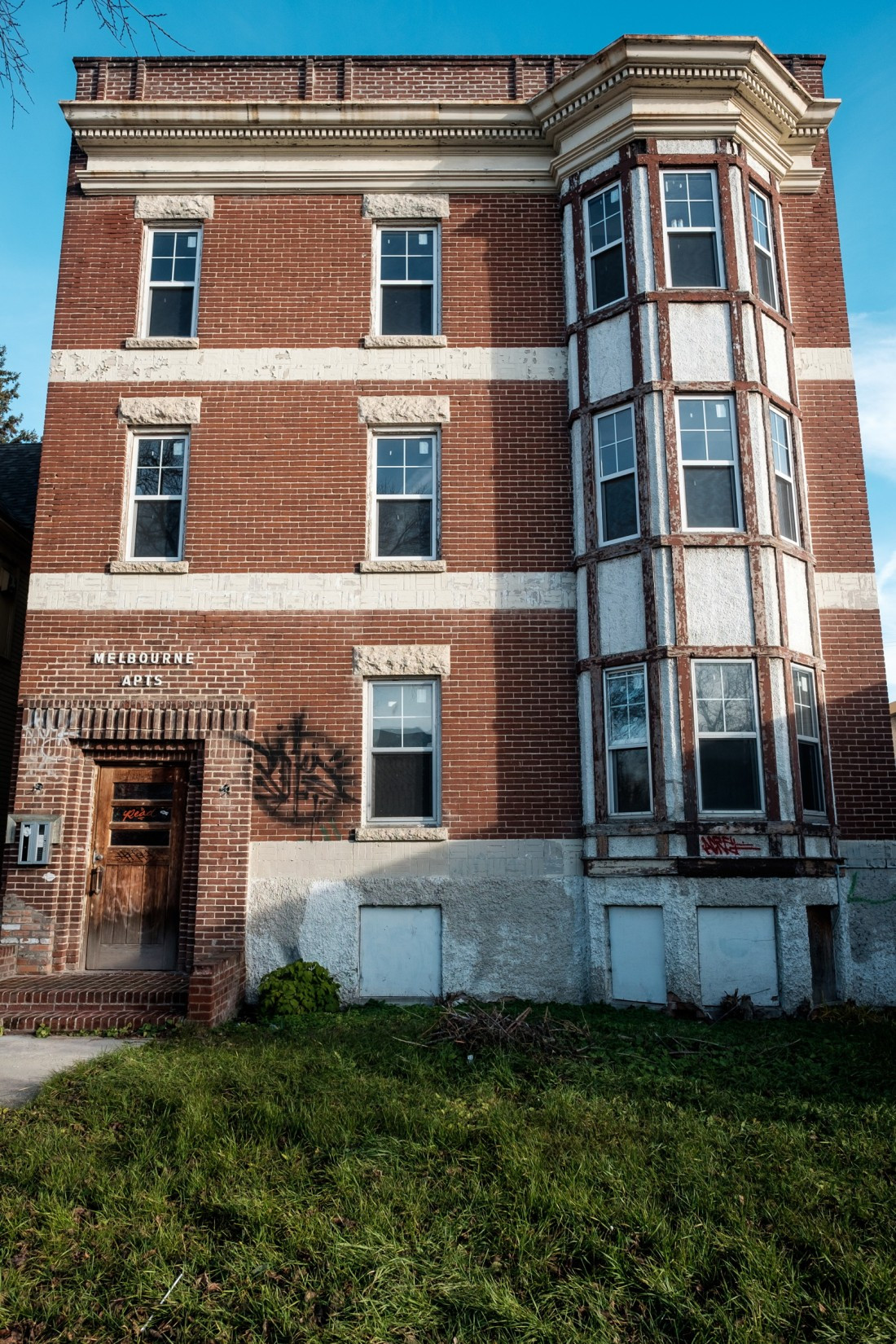
“Since 2009, the current provincial government has built 1,500 social housing units and 1,500 units of affordable housing. The provincial government is doing its part, the real problem is the federal government not investing in social housing,” Jim Silver, chair of the politics department and co-director of University of Winnipeg’s Urban and Inner Studies program, says.
Since Winnipeg began developing as a city in the early 20th century, there have been housing issues for low income earning citizens. As suburban sprawl became more prominent in the majority of North American cities during the Second World War, urban parts of the city have been neglected by for-profit investors and t he federal government.
“The New Democratic Party (NDP) of Manitoba is the only government in Canada that has made major investments in social housing. We are alone in that regard. We are way ahead of everybody else,” Silver says.
The federal government subsidizes the infrastructure that supports development in suburban areas, but subsidized housing is not an ideal investment for private investors, due to lack of profitability.
Without the federal government sufficiently funding adequate housing for low income citizens, or providing better kickbacks for private investors, the struggle for proper housing will continue.
Insufficient housing is an issue that has been looming over Winnipeg and its low income earning citizens and those who receive social assistance for quite some time. Private for-profit built and controlled housing is not enough.
Struggling tenants are often hesitant to talk to the press because they fear they could be evicted if they speak out and reveal their identities. And while finding someone to speak about their experiences with landlords and housing issues can be difficult, The Uniter met with Barry Courchene at the Spence Neighbourhood Association (SNA) to learn more about these systemic problems.
An apartment block on Colony Street, Winninpeg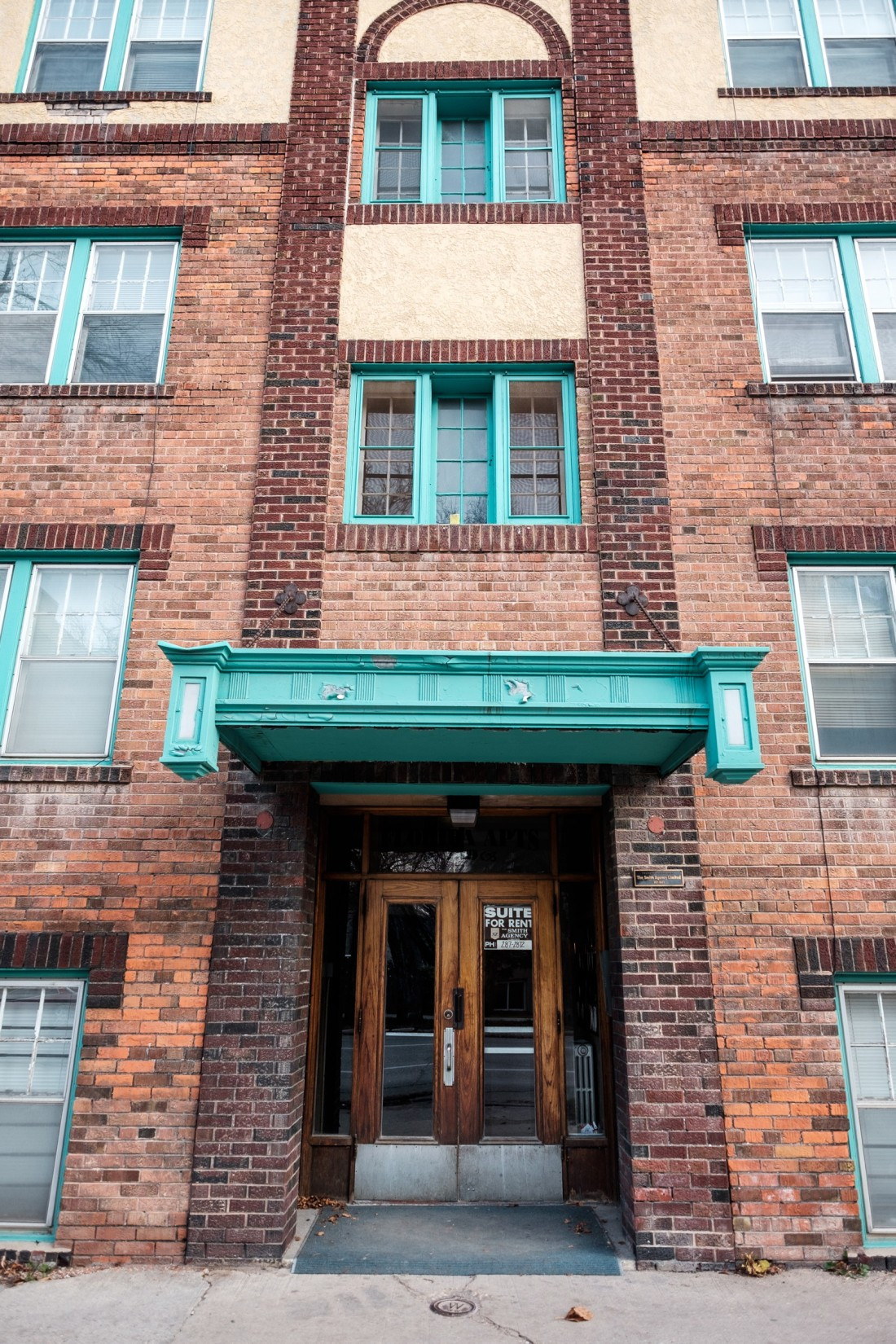
Courchene has been on disability since 2006 due to an amputated right foot which he lost to gangrene.
“I had a leaking roof in the bathroom, one day I heard a crash and the whole ceiling came down. Where the ceiling came down it was all black due to moulding,” Courchene says. “They condemned the house. I had to leave all of my belongings behind and was forced to move out of the house.”
Courchene turned to the Residential Tenancies Branch (RTB) which is provided by the government of Manitoba for help. RTB assists tenants and landlords on issues regarding housing rights and acts as mediators when there are disputes regarding rent, repairs, and deposits.
Courchene never received his damage deposit, a reimbursement of a month’s worth of rent, from his previous landlord or compensation for his loss of belongings due to mould. He has filed a case with RTB.
“(The RTB is) actually supportive. There’s actually a good lawyer taking over the case. I’m pleased with their help,” Courchene says.
The RTB isn’t the only group mediating discrepancies between tenants and landlords in Winnipeg.
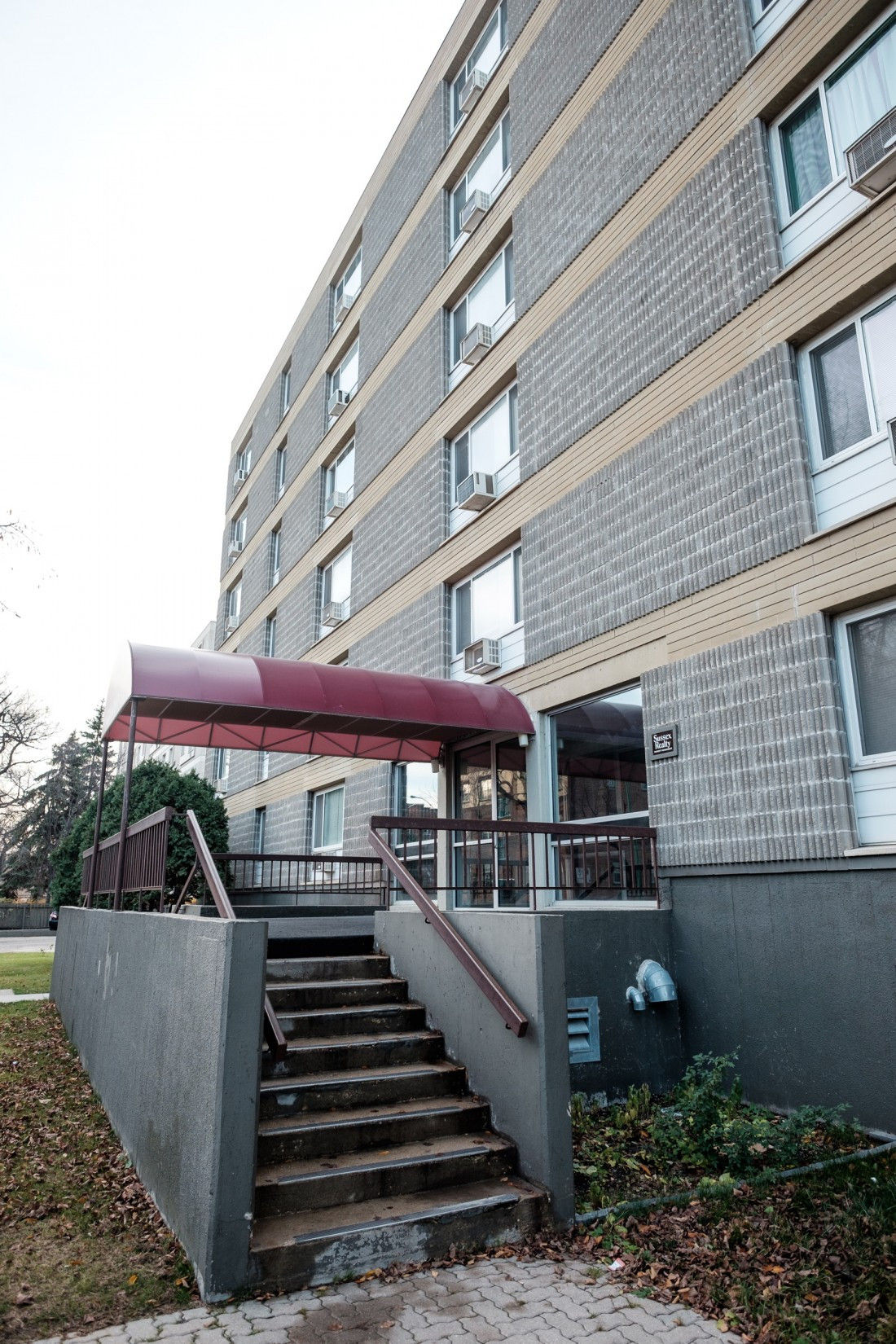
Schaitel helps people who are facing a wide range of challenges around finding housing. For example, “some citizens that come from reserves don’t have any rental history, or don’t know their rights and rules,” Schaitel says.
As a mediator, Schaitel helps tenants understand the laws around housing. Schaitel is a voice for tenants who are afraid to speak out and who don’t know their rights.
“They’re scared of being thrown out, they’re scared of complaining and they choose to live in terrible housing. And a lot of the time they don’t feel like they have the power to stand up for themselves,” Schaitel says.
The TLC mediators have recovered about $22,000 for tenants since April, according to Schaitel.
Tenants’ fear and poor treatment by landlords is also documented in Poor Housing – A Silent Crisis, edited by Jim Silver and Josh Brandon, and released in October.
The book shares many cases of tenants that have dealt with manipulative or racist landlords, lack of support from the federal government for subsidized housing and lack of quality of subsidized and social housing. It also discusses ways affordable housing can be made more accessible for those in need.
And the research agrees that provincially and nationally, our housing problem stands out.
A study called Addressing Core Housing Need in Canada,written by Sarah Cooper, a PhD student in Urban Planning, and Ian Skelton, a senior scholar at University of Manitoba, was published through the Manitoba chapter of the Canadian Centre for Policy Alternatives (CCPA).
Their measurement of whether a household is in what’s called “core housing need” include three standards: adequate (no major repairs needed), affordable (home costs less than 30 per cent total gross household income), and suitable (enough rooms to meet the size of resident household).
A for rent sign is displayed on an apartment block on Balmoral Ave.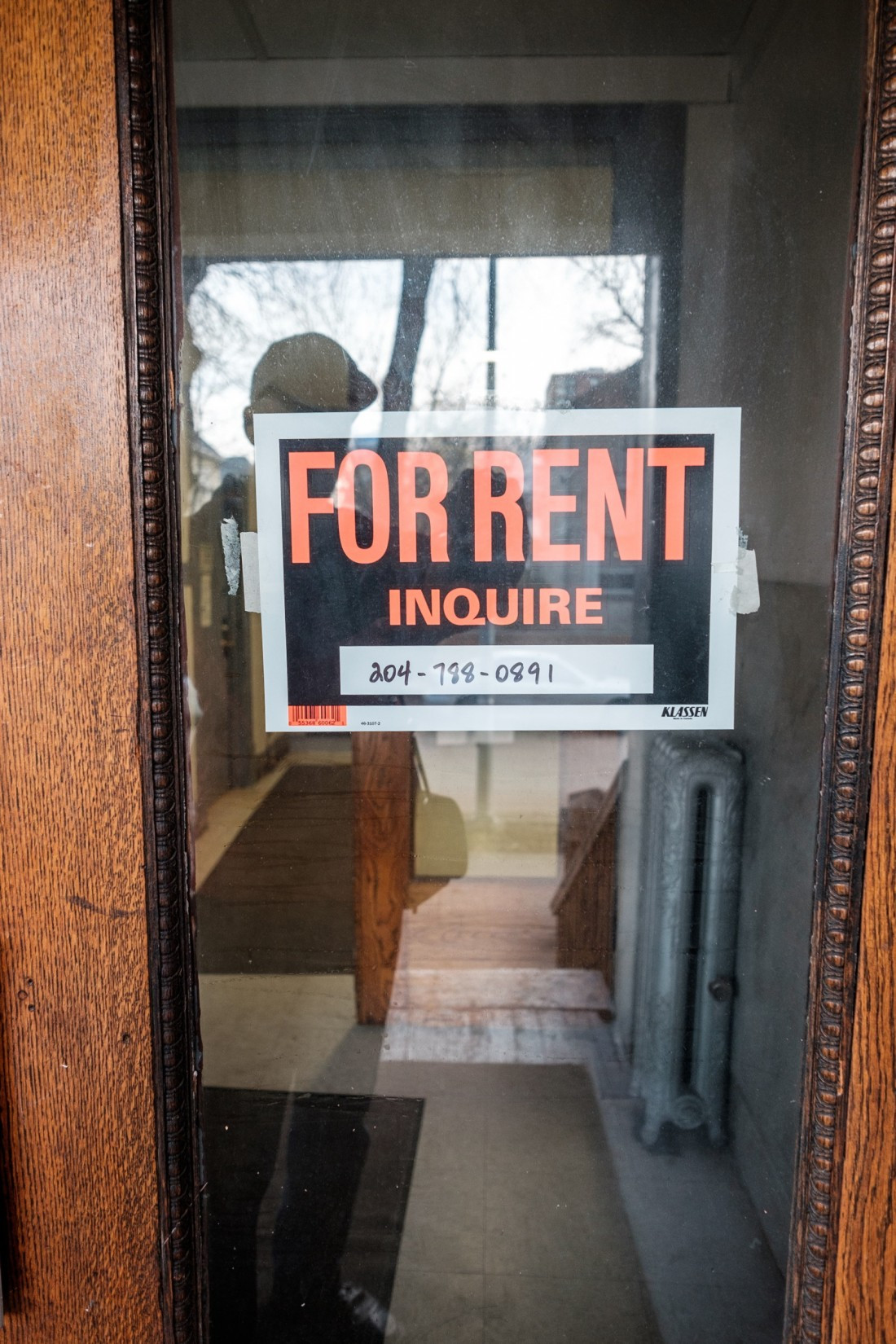
The study estimated that at the rate that Canada is currently addressing core housing needs, it would take roughly 226 years for the current needs to be eliminated.
In 2011, 12.45 per cent of households across Canada that met the core housing need criteria, compared to 10.33 per cent in Winnipeg alone. Winnipeg’s rate has dropped from 14.64 per cent in 1991, however at the rate that core housing needs are being addressed in Winnipeg, it would still take 48 years to eliminate this demand.
“Since 1993 the federal government has stopped supporting subsidized housing. They have the fiscal capacity to solve this low income rental housing problem and in the last 25 years they have just not stepped up to the plate,” Silver says.
In Poor Housing, Silver and Brandon argue that the federal government has not been investing into social housing to the extent they ought to have been. They cite examples of freezing funding in the early 1990s as well as delegating social housing responsibility to local governments as failure on the federal government’s part.
Land donations, tax incentives, and direct grants are directions that the City of Winnipeg can take to help when it comes to lack of subsidized homes. In 1999, the City of Winnipeg gave more support make new homes, but they were able to recover the donations made with increased realty tax on new developments.
The City of Winnipeg has tended to sell rather than donate vacant lots due to increased pressure for revenue generation.
Those concerned with lack of proper funding for subsidized housing may have little hope. However while the new federal government takes charge, they may run a deficit for a few years to make money available for infrastructure, and possibly include social infrastructure, Silver says.
Affordable housing is a nation-wide problem. Cities such as Winnipeg need the backing of the federal government because the provincial government can only do so much. Silver suggests that the federal government either has to build more subsidized homes, provide subsidies for the tenants or the landlord, or provide subsidies for private investors.
Lack of good social housing in Winnipeg has citizens living in poorly maintained homes that are inadequate due to safety concerns, affordability and availability. Many, like Barry Courchene, have sought help, but what about all the tenants who are still afraid to speak up?
Published in Volume 70, Number 10 of The Uniter (November 12, 2015)

